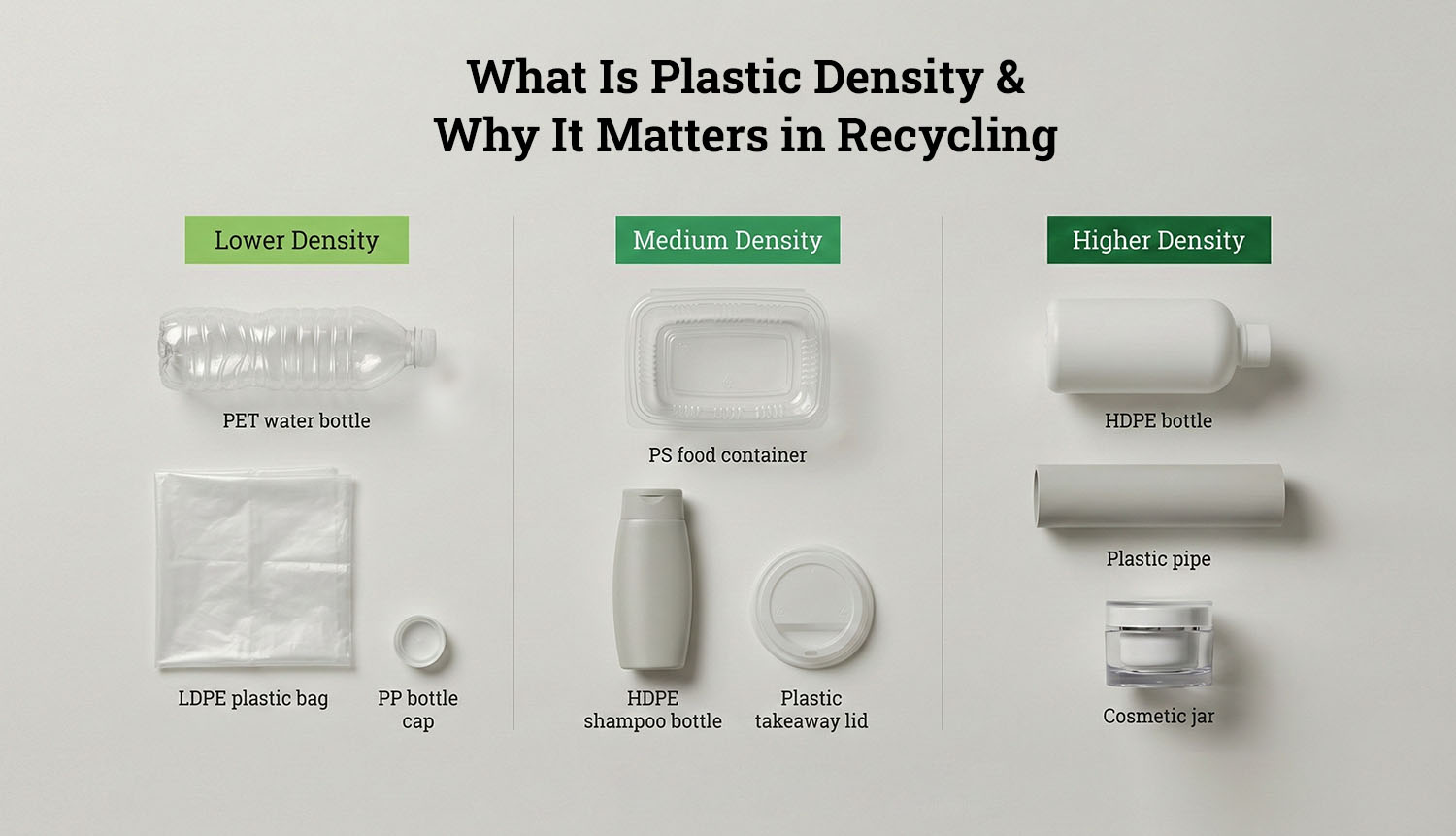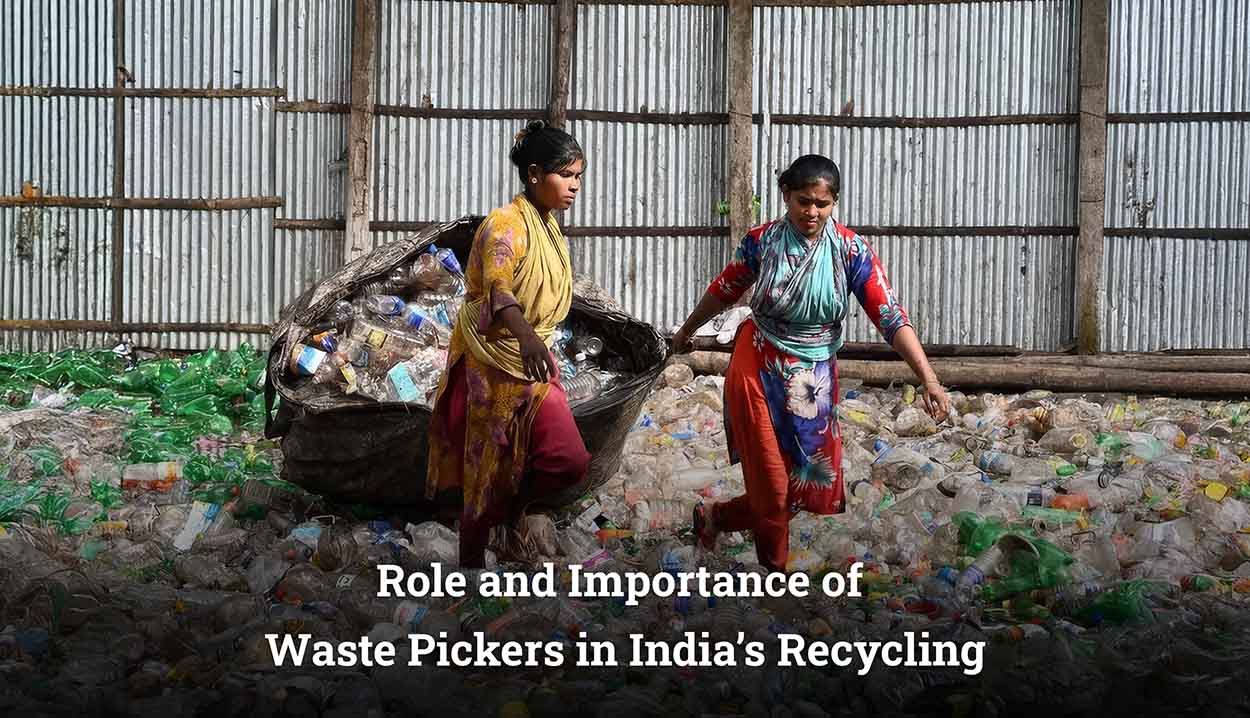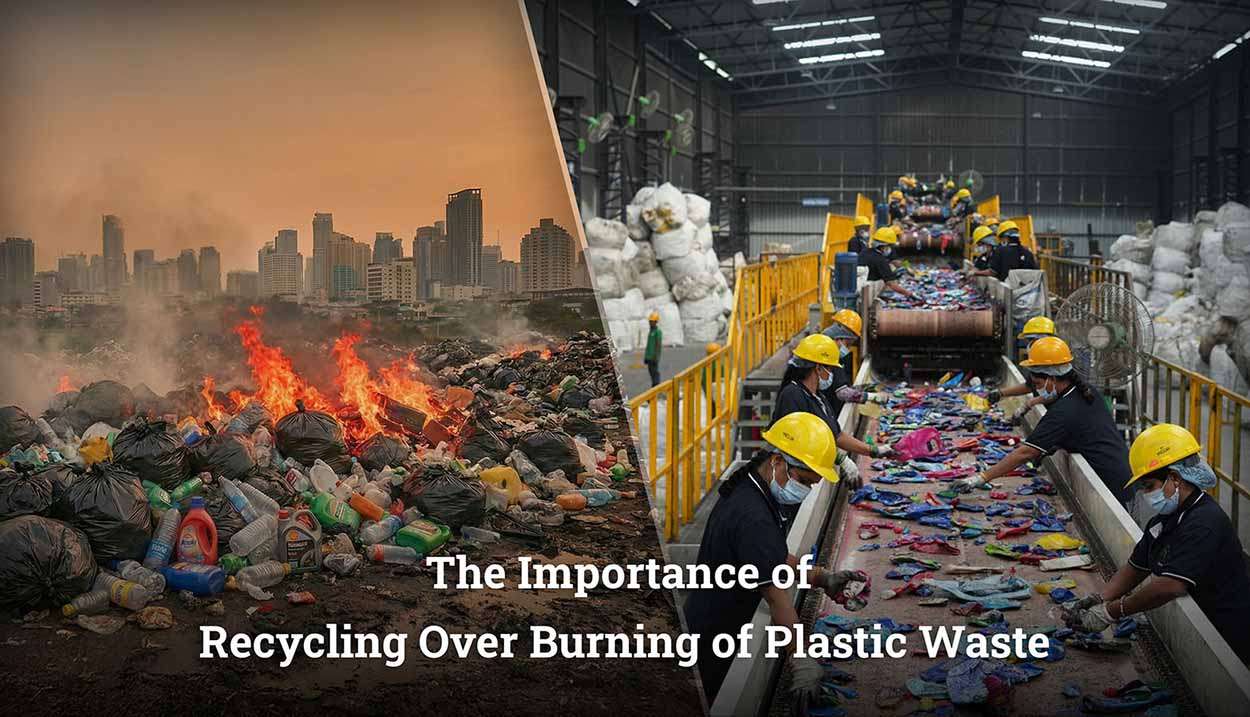Extended Producer Responsibility (EPR) is a landmark policy that addresses the imperative of plastic waste management and environmental sustainability in India. The fast-increasing consumption of plastics has made post-consumer waste management a major challenge. EPR registration for plastic waste provides for producers, importers, and brand owners to assume responsibility for the entire life cycle of their products, from generation to recycling and final disposal. The regulatory structure, therefore, promotes accountability and motivates businesses to follow sustainable practices.
In India, EPR registration is mandated by the Central Pollution Control Board (CPCB) to ensure compliance with waste management norms. It involves a detailed plan of collection, recycling, and disposal of waste, as well as adherence to government-set targets. Non-compliance with such norms can lead to severe penalties, so registration becomes an essential requirement for plastic product businesses. Additionally, businesses should be aware of EPR registration fees, which vary based on the scale and type of operations. CPCB’S EPR Portal for Plastic Packaging provides provision for registration of PIBOs/ PWPS in accordance with the notified EPR Guidelines. The platform also helps in improving accountability, traceability and transparency of fulfilment of EPR Obligations.
This is all about registering EPR step-by-step – key requirements; addressing FAQs. A must to know: whether you are the producer, importer, or even a brand owner. So today, understand how to be safe on these legal terms under EPR and also contribute in a circular way to ensure a cleaner globe.
Understanding EPR for Waste Management
Extended Producer Responsibility (EPR) is a policy approach that makes the entire PIBOs liable for the whole lifecycle of their products, thus including post-consumer waste management as well. The major objectives of EPR are:
- Minimizing plastic waste through efficient collection and disposal.
- Encourage recycling and sustainable product design.
- It promotes environmental sustainability by minimizing landfill dependency.
EPR enforces accountability and thereby facilitates a circular economy by allowing materials to be reused and recycled appropriately.
What are the key aspects of EPR in Plastic Waste Reduction?
EPR will drastically reduce plastic pollution by
1. Shifting Responsibility:
This makes producers liable for the collection and disposal of plastic waste.
2. Promoting Sustainability:
It promotes sustainability by encouraging the use of recyclable and sustainable materials.
3. Reduces Plastic Pollution:
It reduces the environmental impacts of plastic by encouraging recycling.
4. Circular economy:
Supports the reuse of materials and recycling, which means one less dependency on virgin resources.
How Do I Apply for EPR Registration Online in India?
Filing for EPR registration in India is wholly carried out via the Central Pollution Control Board (CPCB) website. Here are the actions you need to execute for the digital application procedure:Filing for EPR registration in India is wholly carried out via the Central Pollution Control Board (CPCB) website. Here are the actions you need to execute for the digital application procedure:
1. Sign Up on the CPCB Site.
- Go to the genuine CPCB EPR enrollment site.
- Add your venture by sharing essential details, for example, names, addresses, and modalities.
- Confirm if your enterprise fits the mold of a producer, importer, or brand owner (PIBO) under the Plastic Waste Management Rules.
2. Complete the Web-Based Application Form
- After logging in, access the EPR Registration section and complete the application form.
- Give details on your business’s plastic consumption, waste output, and your garbage handling systems.
3. Upload Required Documents
- Bring in all the crucial papers like your GST certificate, PAN card, pictures of your product packaging, and other key papers.
4. Submit Waste Management Plan
- Prepare and upload your plan for dealing with plastic trash. This should explain things like how you gather, recycle, and dispose of waste. Make sure everything follows EPR rules.
5. Pay the Registration Fee
- Submit the required registration fee through the portal. The fee’s value changes based on your business’s size and category.
6. Submit the Application
- Once you’ve completed the application and added the necessary documents, push it through on the portal.
- You’ll get a confirmation email when they have your application in hand.
EPR Registration Process
In India, the CPCB oversees the EPR registration procedure. This involves many vital steps. It confirms that firms stick to the Plastic Waste Management Rules. This contributes to responsible disposal of plastic waste. Here are the main steps:
1. Eligibility Check
- Make sure your enterprise fits the bill as a product maker, importer, or brand holder (PIBO).
- Review the specific obligations under the Plastic Waste Management Rules to ensure your business meets the requirements.
2. Document Preparation
- Collect important papers such as GST certificates, PAN cards, CIN certificates, packaging info, and anything else CPCB asks for.
3. CPCB Portal Registration
- Head to the official CPCB portal, set up a new account, and give some general details about your company.
4. Application Form Submission
- Fill out the form on the CPCB website. Give specifics about your plastic items, the waste they produce, and how you get rid of it.
5. Waste Management Plan
- Create and turn in a detailed plan for waste handling. It should show how your company will deal with plastic waste, following the EPR rules.
6. Fee Payment
- Pay the applicable registration fee based on the scale of your operations.
7. Application Review
- The CPCB is set to go over your application along with the plan for managing waste. If some things don’t add up or more details are needed, they’ll reach out to you.
8. EPR Certificate Issuance
- When your application gets the green light, you’ll get the EPR registration certificate. It proves you’ve met all the EPR rules.
What documents are required for EPR Registration?
Here is a comprehensive list of essential documents needed for EPR registration:
- Entity PAN Card (PDF)
- Entity CIN Certificate (PDF)
- GST Certificate (PDF)
- Authorized Person’s Aadhaar and PAN Card (PDF)
- Factory License and MSME Certificate (PDF) (if applicable)
- Air and Water Consent from SPCB/PCC (if applicable)
- Product Packaging Images (JPEG)
- Covering Letter on Entity Letterhead
- IEC Certificate (for importers) (PDF)
- Process Flow Diagram of Operations (for producers)
- GST Certificates for Operating States (PDF)
- Declaration Letter (if any)
Conclusion
In India, getting on board with Extended Producer Responsibility (EPR) isn’t just about following rules. It shows a key pledge to caring for the environment. With the pressing problem of plastic waste management, the EPR plan pushes manufacturers to deal with the full life of their plastic items. That includes the waste after folks are done with them. This system gives companies the power to play a part in cutting down plastic waste, recycling, and reusing stuff. This all helps run a circular economy. For companies, joining EPR registration for plastic waste can be a chance to boost their green practices and show they care about society. By sticking to the set steps, like gathering and recycling plastic waste, or using recycled stuff to make new items, businesses can decrease their harm to the environment. Plus, meeting EPR rules puts companies in a good light, especially as buyers and other major players put more focus on greener choices. To cap it off, signing up for EPR registration fees in India might feel like just another rule, but it also gives businesses a shot at leading the charge on being green, making good use of waste, and helping to make a cleaner, healthier world for those to come.
FAQ's
How long does the EPR registration process usually take?
The EPR registration process typically takes 4–6 weeks from the date of application submission. When it got submitted matters. It also depends on how filled-in the application is and the review at the CPCB. If essential information or documents required for EPR registration are missing or questioned, it may take longer. So, it’s a good idea for businesses to dot their i’s and cross their t’s from the start.
Is there a fee associated with the EPR registration process?
Yes, businesses have to pay a fee to register with the EPR. How much? It varies, it’s about the size and nature of your business. Who decides? The CPCB does. This covers checking your application, verifying compliance, and managing costs. For businesses wondering how to register for EPR, a complete guide is available on the CPCB portal.
What happens if a company does not comply with EPR regulations?
Ignoring EPR rules could mean hefty fines, and even stopping business or limiting sales. If you keep breaking the rules, you might end up in court. Companies should adhere to compliance by understanding how to register for EPR properly and submitting all the documents required for EPR registration to avoid such risks.
Let's Embrace EPR to Support a Ciruclar Economy
As businesses shift from a linear to a circular economy, Extended Producer Responsibility.

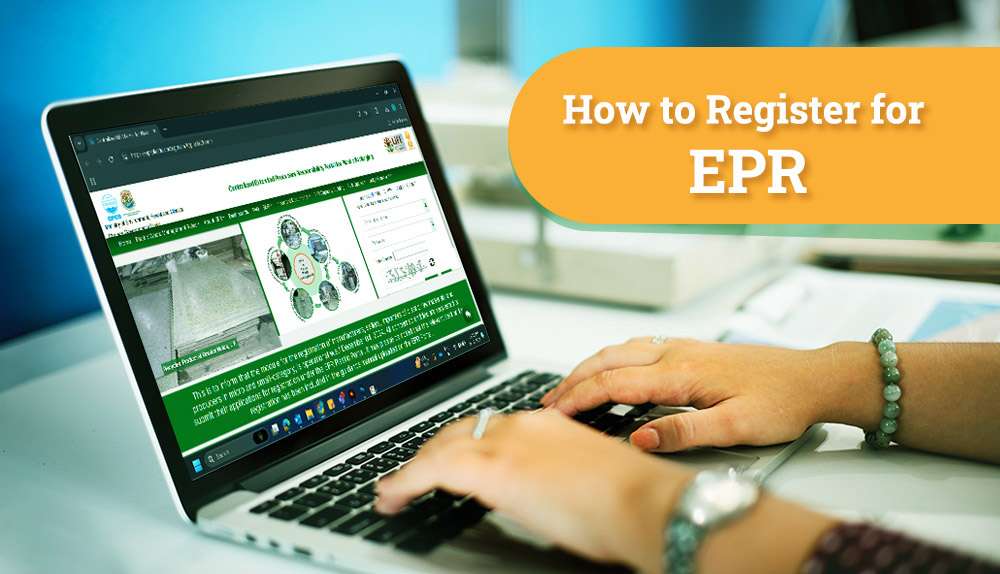
 What Is Plastic Density & Why It Matters in Recycling
What Is Plastic Density & Why It Matters in Recycling How Waste Pickers Play a Crucial Role in Recycling
How Waste Pickers Play a Crucial Role in Recycling Why Burning Plastic Is Unsafe and Recycling Is the Better Solution
Why Burning Plastic Is Unsafe and Recycling Is the Better Solution Why “Design For Recycling” Matters for Companies
Why “Design For Recycling” Matters for Companies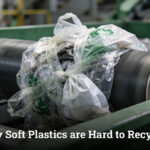 Why Soft Plastics Are Problematic & Hard to Recycle
Why Soft Plastics Are Problematic & Hard to Recycle